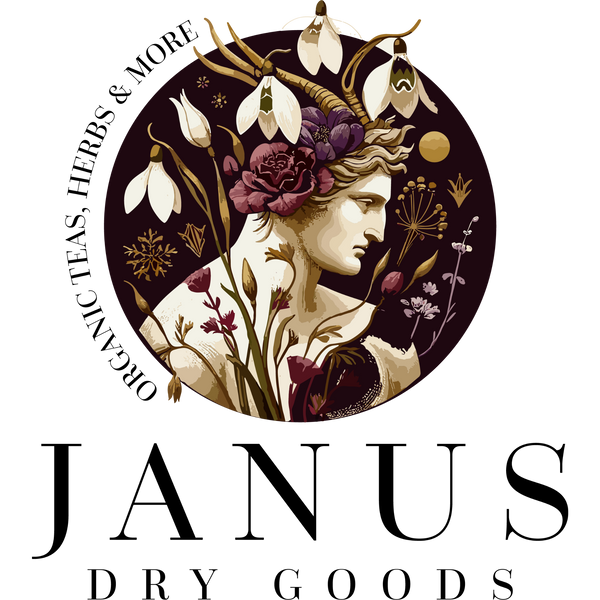FAQ's
1. What is the best way to store loose-leaf tea?
Loose-leaf tea should be stored in an airtight container, away from light, moisture, and strong odors. A cool, dry place is ideal, and it’s important to avoid storing tea in the fridge or freezer as it can absorb moisture and other flavors.
2. How long does tea stay fresh?
When stored properly, loose-leaf tea can last anywhere from 6 months to 2 years depending on the type. Black teas tend to stay fresh the longest, while green, white, and herbal teas are best consumed within a year for maximum flavor.
3. How much tea should I use per cup?
Generally, 1 teaspoon of loose-leaf tea is recommended per 8-ounce (250ml) cup of water. However, stronger blends or larger tea leaves may require a bit more, so it’s best to adjust based on your taste preferences.
4. How long should I steep my tea?
Steeping times vary based on the type of tea:
• Black Tea: 3-5 minutes
• Green Tea: 2-3 minutes
• White Tea: 4-5 minutes
• Herbal Tea: 5-10 minutes
• Oolong Tea: 3-5 minutes
Always follow the recommended steeping instructions on the tea packaging for the best results.
5. Can I re-steep my tea leaves?
Yes! Many loose-leaf teas, especially green, oolong, and white teas, can be re-steeped multiple times. The flavor may change slightly with each steep, but some teas even improve with re-steeping.
6. Does tea contain caffeine?
Caffeine levels vary depending on the type of tea:
• Black Tea: High caffeine
• Green Tea: Moderate caffeine
• White Tea: Low caffeine
• Herbal Tea: Naturally caffeine-free
Blends may have different amounts, so always check the packaging if you’re concerned about caffeine intake.
7. Can I drink tea during pregnancy?
Some teas, such as chamomile and peppermint, are generally considered safe in moderation during pregnancy. However, it’s best to avoid teas with high caffeine content and certain herbs like licorice or black cohosh. Always consult with your healthcare provider before consuming herbal teas during pregnancy.
8. Are there any health benefits to drinking tea?
Yes! Many teas are packed with antioxidants, vitamins, and minerals. Different teas offer various health benefits, such as boosting immunity, aiding digestion, reducing stress, and supporting heart health. Herbal teas can also address specific concerns, like easing menstrual discomfort or promoting sleep.
9. How do herbal teas differ from traditional teas?
Traditional teas (black, green, white, oolong) are made from the leaves of the Camellia sinensis plant, while herbal teas are made from a blend of herbs, flowers, spices, and fruits. Herbal teas are naturally caffeine-free and often used for their specific health benefits, like relaxation, digestion, or immunity support.
10. Can I drink tea if I’m breastfeeding?
Yes, but it’s important to choose the right teas. Herbal teas like fenugreek, fennel, and raspberry leaf are often recommended to support lactation. However, avoid teas with high caffeine content and certain herbs that may not be safe for nursing mothers. Always consult your healthcare provider for advice on which teas are best during breastfeeding.
11. Are there any teas that can help with weight management?
Yes! Some teas, like green tea, oolong tea, and certain herbal blends, are known to boost metabolism and aid in weight management. Additionally, detox teas and blends with ingredients like yerba mate or dandelion root can help support your body’s natural cleansing processes.
12. Can tea help with sleep?
Yes, herbal teas like chamomile, lavender, and passionflower are often used to promote relaxation and improve sleep quality. These caffeine-free teas have calming properties and are great to drink before bedtime.
13. What’s the difference between tea bags and loose-leaf tea?
Loose-leaf tea generally contains larger, whole tea leaves, which allows for more flavor and a better tea-drinking experience. Tea bags, on the other hand, usually contain smaller broken leaves or tea dust, which can result in a quicker brew but may lack the full flavor profile of loose-leaf tea.
